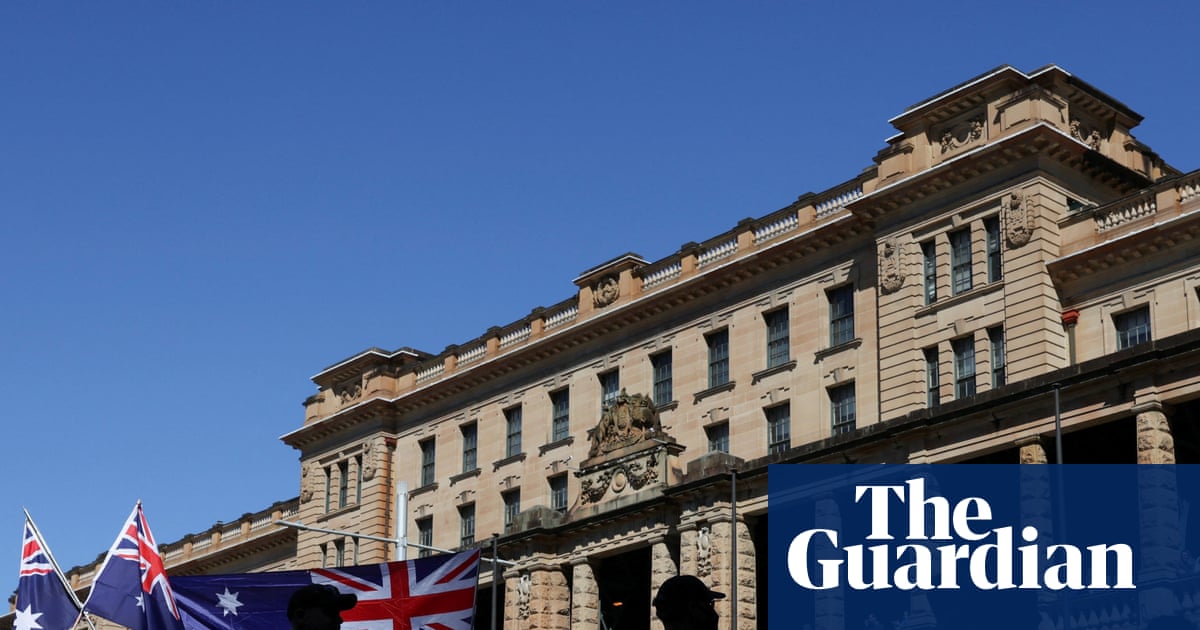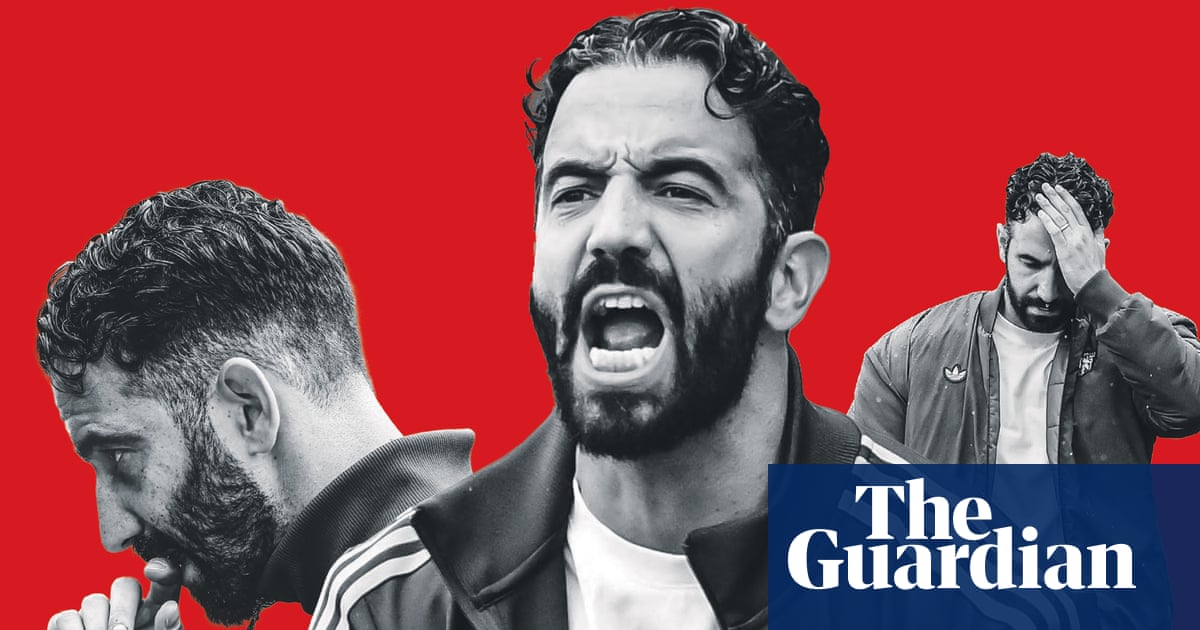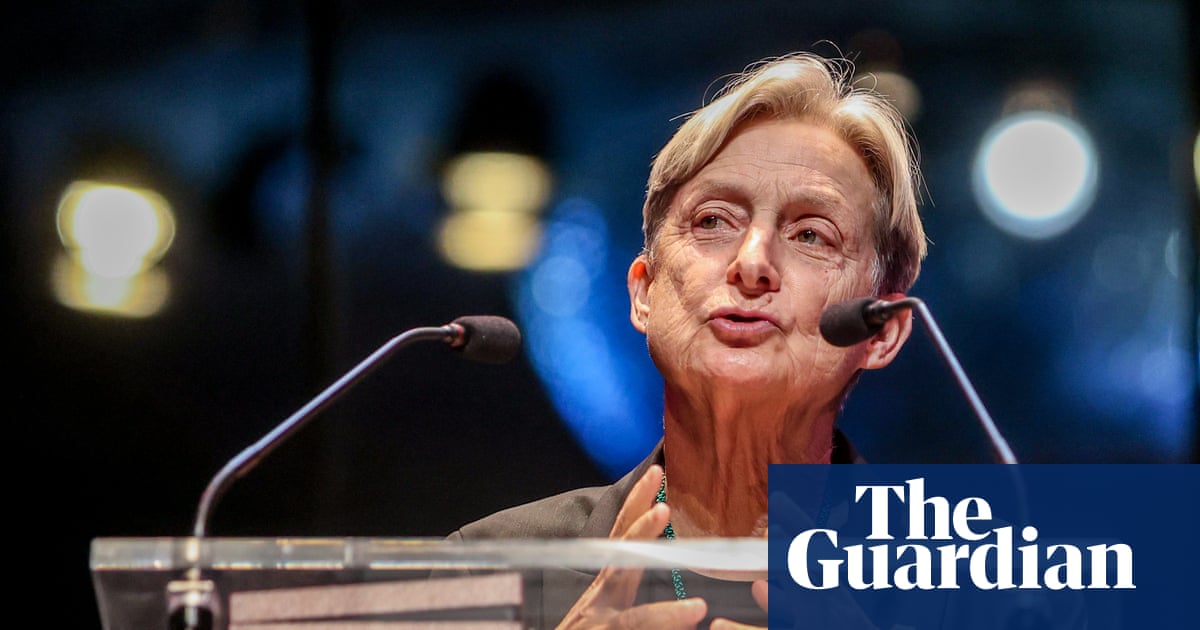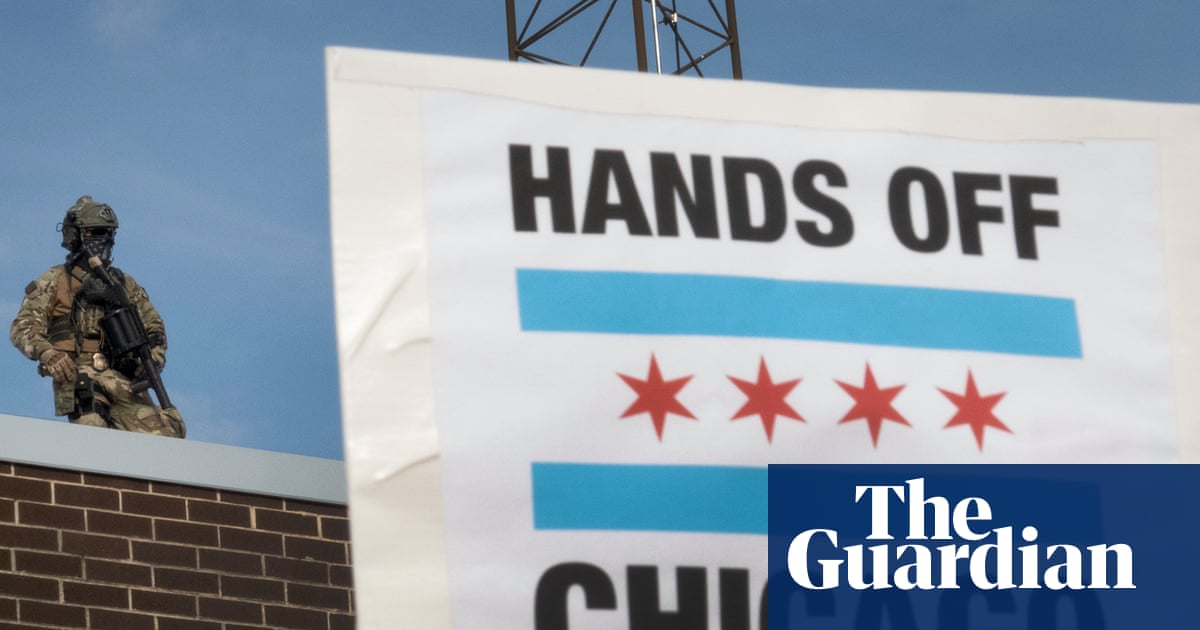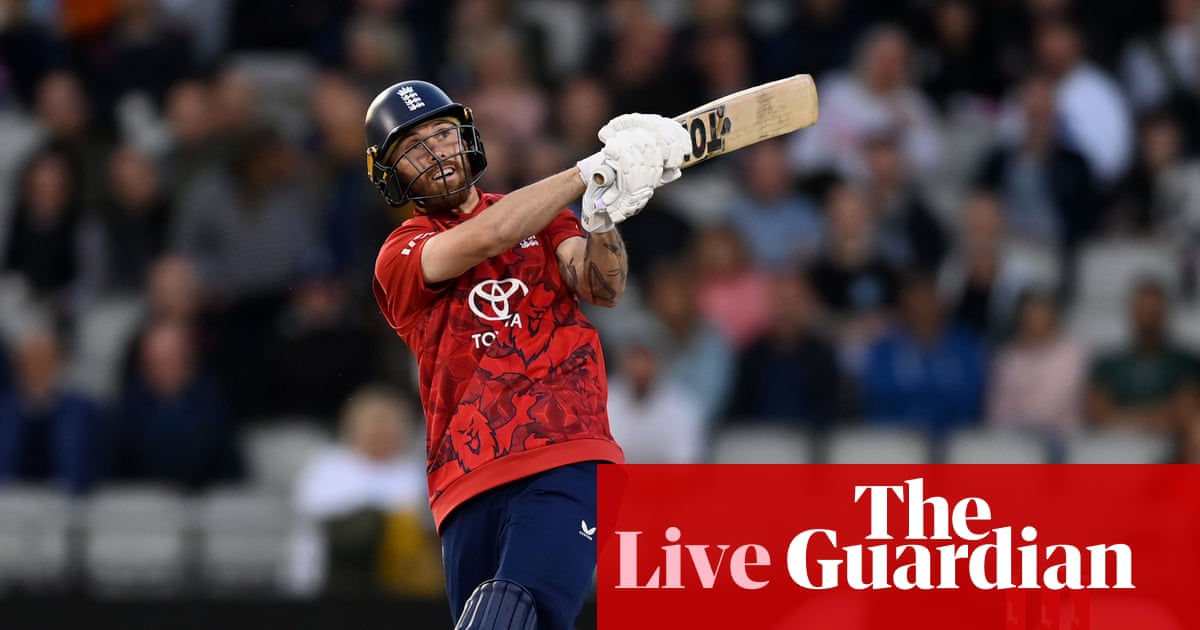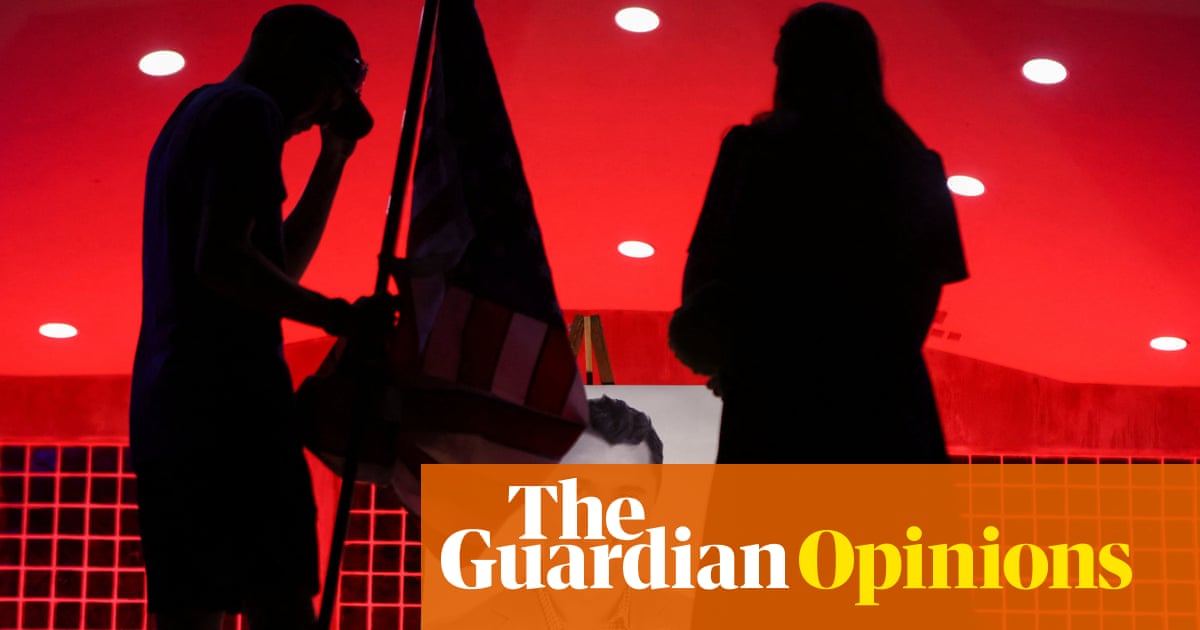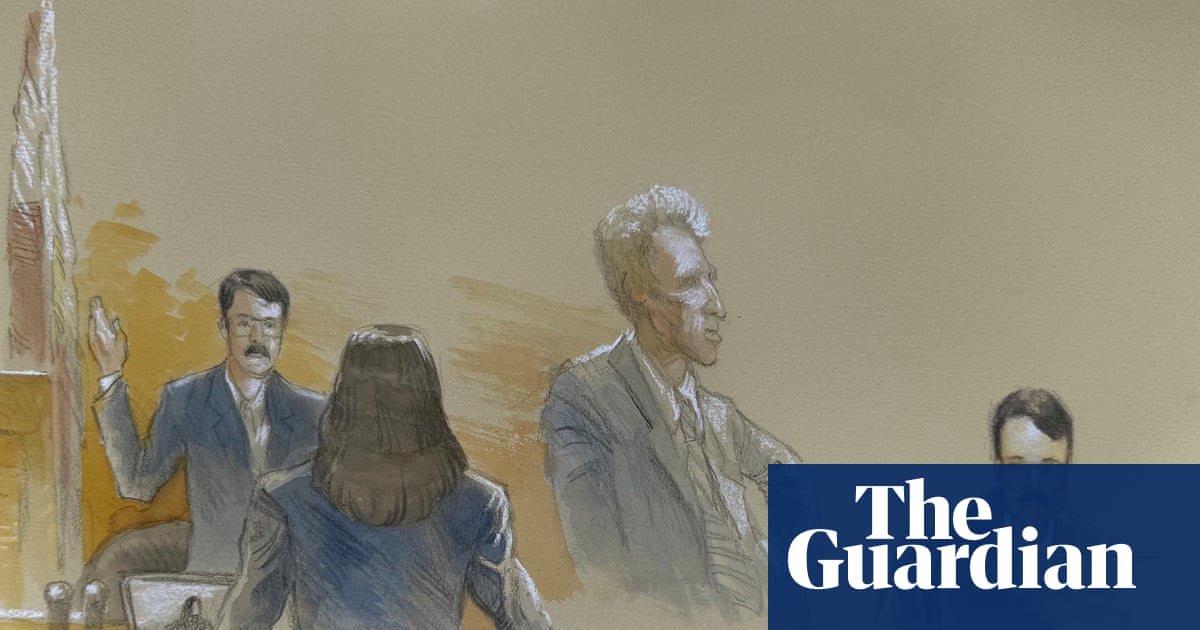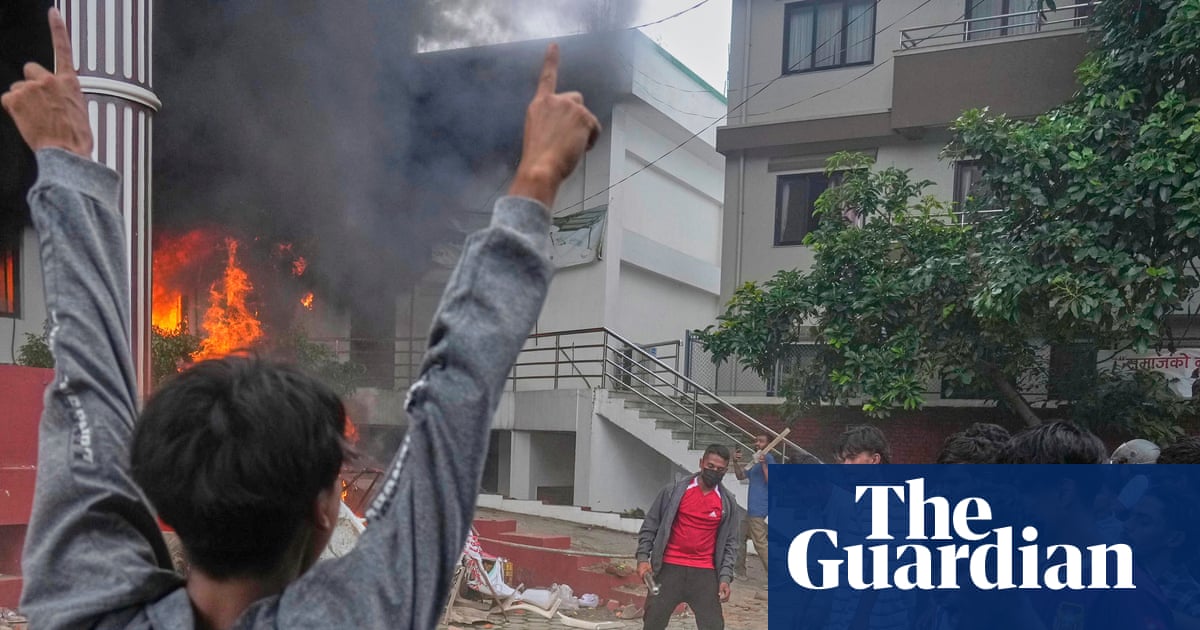If you’re wondering why there seems to be so much hand-wringing over the US men’s national team’s current form, consider where head coach Mauricio Pochettino set the bar when he took over.
“We need to really believe and think of big things,” he said in his introductory press conference in September. “We need to believe that we can win, that we can win all [the] games. We can win the World Cup.”
However fanciful, the statement was also refreshing at the time, coming just a few months after the team’s humiliating group-stage exit from the 2024 Copa América. But it seemed a little odd when Pochettino mentioned the possibility of a US World Cup victory again after Saturday’s 2-1 loss to Turkey. And after Tuesday night’s 4-0 capitulation to Switzerland, it seems downright silly it was ever said at all.
The US have now lost four consecutive games. The World Cup is one year away. And for Pochettino, lofty beliefs in what would be one of the biggest sporting surprises of all time – a USMNT World Cup victory – has been replaced by a mea culpa, and doubts over whether his approach to the job is enough to prevent the US from being embarrassed at home again, on a stage many magnitudes larger than it was on Tuesday.
To be sure, Pochettino and his staff should not take the blame for Tuesday’s rout alone. Much of it, maybe even the majority, should land on the players, who put forth an abysmal first-half showing that fully earned the boos which rained down from a two-thirds full (at best) Geodis Park in Nashville. The United States gave up four goals in 36 minutes – the first time since 1980 that they’ve conceded that many times so soon after kickoff, and the first time ever at home. Attacking ideas were practically nonexistent before half-time. Most worryingly, there was a distinct lack of energy and commitment – an intangible, non-tactical deficiency that similarly doomed the team in March’s Nations League losses which set off their current identity crisis.
This malaise was worrying enough to see in March, when it set in among a first-choice squad tipped for big things next year. On Tuesday, it surfaced among a group of players for whom energy and commitment should have been one of their major strengths – and perhaps the only area in which they conceivably could have held an advantage over the Swiss.
Between the numerous absences from this squad and the heavy lineup rotation, this was for all intents and purposes a US “C” team. The starters averaged just 18 caps, with five players earning their fifth appearance or fewer. Nine of them had been on the bench against Turkey.
So, yes, the team that lost against Switzerland on Tuesday was missing established stars such as Christian Pulisic, Weston McKennie, Tim Weah, Antonee Robinson and Tyler Adams. But that meant every single US starter had something to prove. The US has depth spots to fill at most positions, and Pochettino said he would use these friendlies and the upcoming Gold Cup to find players to fill those spots for the World Cup. One would think that would be motivation enough. The fact that motivation was missing does not reflect well on the players, and the fact that it’s happening across the entire player pool does not reflect well on Pochettino and his staff.
“This was a chance for them to show that they belong on the national team,” former USMNT great DaMarcus Beasley said on TNT afterward. “They weren’t up for the fight. They didn’t want to compete. And I don’t know how that can be, mentally, when this is your shot!”
Somewhere in some alternate universe, there exists a type of 4-0 loss that would have been understandable for this group against the very strong team Switzerland sent out – this, remember, is a squad who reached the Euro 2024 quarter-finals, where they outplayed England for large parts of the match before losing on penalties. There would have been no shame in eager defending beaten by better skill; in technically-sound goalkeeping bettered by unsaveable shots; in genuine attempts to play forward that simply did not connect. The US probably weren’t going to outplay Switzerland, but they could have at least tried to outwork them. Instead, the US struggled to put in a tackle as the Swiss diced up their midfield, a save was parried directly into the path of Breel Embolo on the goalline, and a team that improved markedly in the second half still failed to put a single shot on target.
Pochettino cannot force the players to put in effort, to get time with their clubs, to be better than their talent dictates. He can, however, pick a squad that functions together as a unit, with players in roles suited to them and that accentuate the strengths they’ve shown on the club scene. On Tuesday, he failed to do so.
after newsletter promotion
To pick just one position group: Nathan Harriel played as a right-back on Tuesday – the position where he broke through with the Philadelphia Union, but not one he has played all that often in 2025 (he’s mostly been a center-back, but has filled in at spots all over the field). Max Arfsten, meanwhile, plays as a left-wingback for a very attack-minded Columbus Crew team, which is maybe not the best preparation for playing left-back in a four-man backline against a team capable of exploiting open space when defenders are caught upfield. Both were beaten on their respective sides for the game’s first two goals.
In goal, Pochettino chose to start Matt Turner despite his near-complete lack of game time for Crystal Palace this past season and the solid-enough debut for Matt Freese against Turkey. Turner’s weak parry resulting in Switzerland’s third goal betrayed an unsurprising lack of match sharpness.
There are other examples, particularly in midfield, of what would have been understandable lineup decisions for a squad that wasn’t in desperate need of positive momentum. As it was, those decisions look questionable – especially given how much the attitude and fight of the squad changed for the better after Pochettino made five half-time subs (including the always-impressive Diego Luna) and changed the shape of the team to better deal with Switzerland’s approach (which closely resembled the Swiss tactics for their 4-2 win over Mexico earlier in this window.)
“[The lineup] was my decision. And the decision didn’t work,” Pochettino told reporters after the match. “I am guilty and I am responsible.”
The candor feels half as refreshing as the World Cup boast, and it will wear out twice as quickly if this continues into the fall.

 3 months ago
92
3 months ago
92
